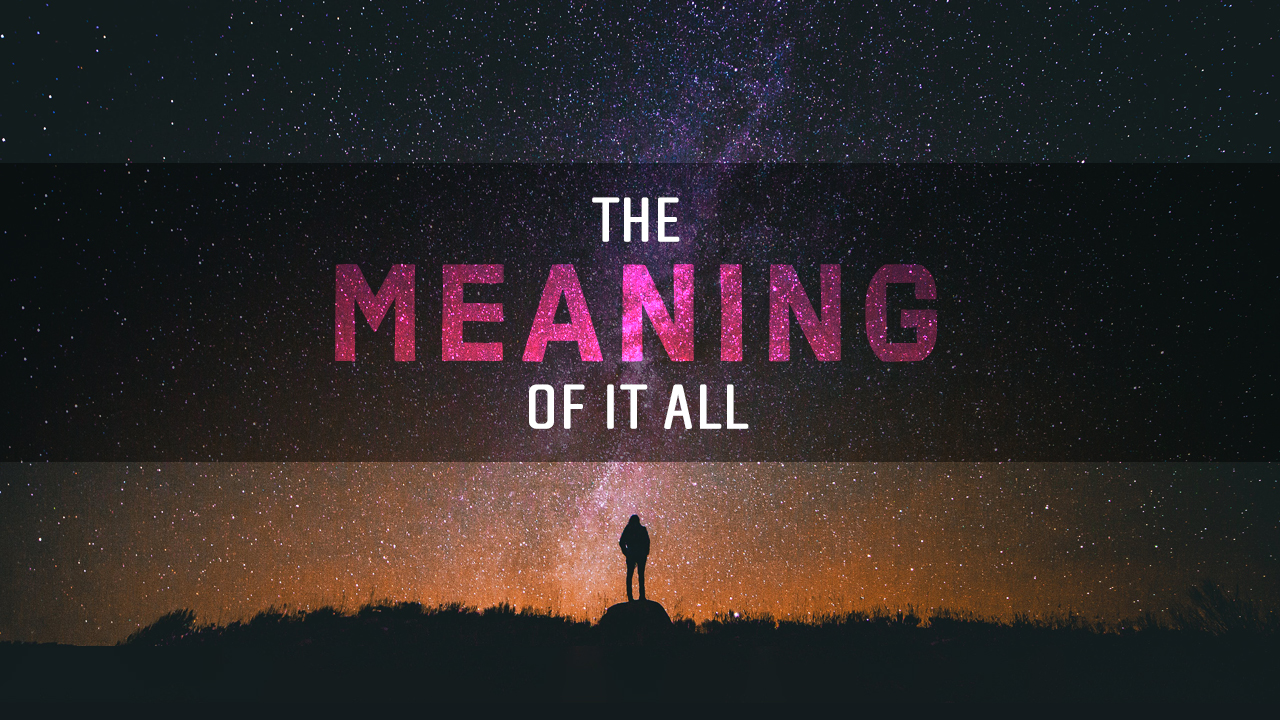

Presence is highly correlated with well-being, but search seems to have no bearing on it-and pondering your meaning in life too much could even lead you to dissatisfaction. Some people low in presence don’t bother searching-they are “stuck.” Some are high in presence but keep searching-we can call them “seekers.” M any psychologists call knowing your life’s meaning “presence,” and the drive to look for it “search.” They are not mutually exclusive: You might or might not search, whether you already have a sense of meaning or not. Want to stay current with Arthur's writing? Sign up to get an email every time a new column comes out. But you can make your quest for meaning manageable by breaking it down into three bite-size dimensions, and then considering each one in turn.



Throwing up your hands and concluding that the question of the meaning of life is simply unanswerable-by you, at least-is the easy response. Philosophy is often unhelpful, offering abstract ideas such as Aristotle’s human function or Kant’s “highest good” that are hard to comprehend, let alone put into action. For the rest of us, the search can be difficult and frustrating. Lucky you if you were born already knowing what the meaning of your life is. One 2019 study found that agreeing with the statement “I have a philosophy of life that helps me understand who I am” was associated with fewer symptoms of depression and higher positive affect. People who believe that they know their life’s meaning enjoy greater well-being than those who don’t. W ant to live in a directed, resolute way? To always know why you’re doing what you’re doing? There’s a simple way to make your dreams come true: Go find the meaning of life! Click here to listen to his new podcast series on all things happiness, How to Build a Happy Life. “ How to Build a Life ” is a weekly column by Arthur Brooks, tackling questions of meaning and happiness.


 0 kommentar(er)
0 kommentar(er)
